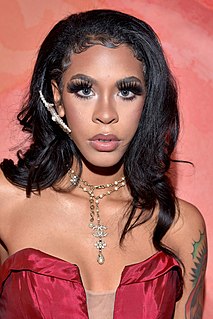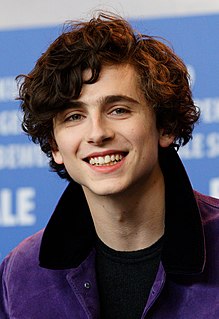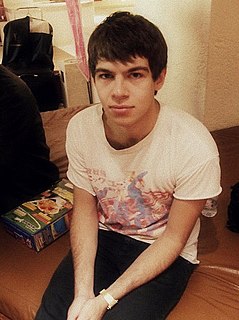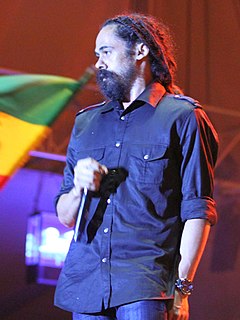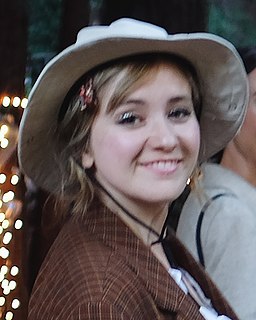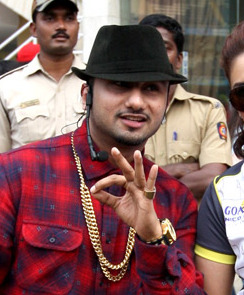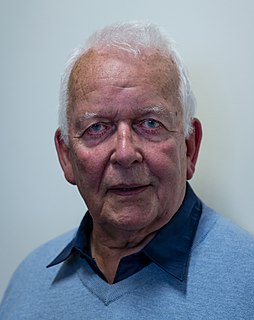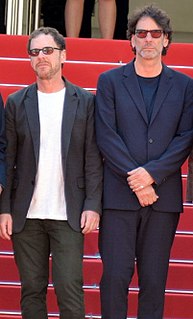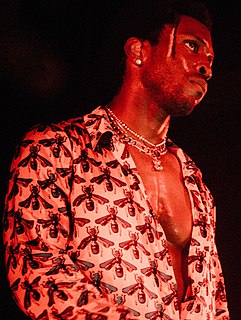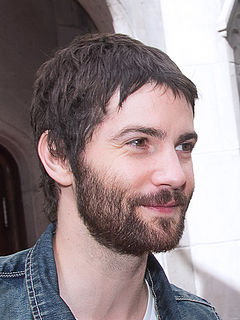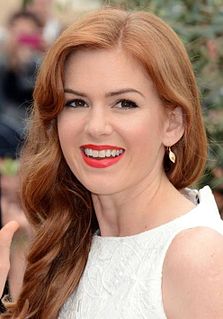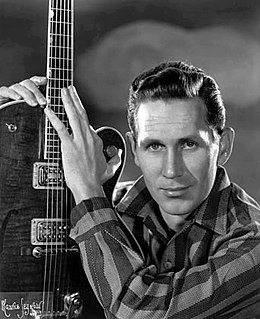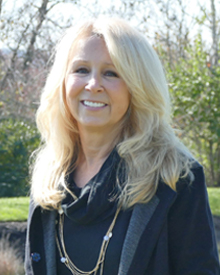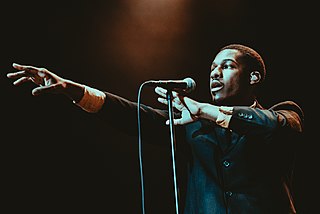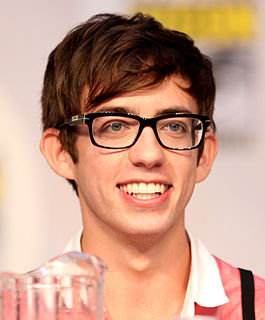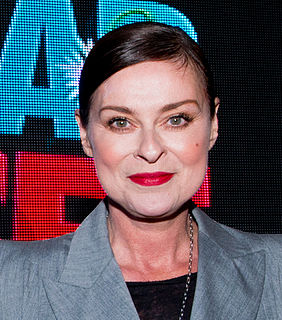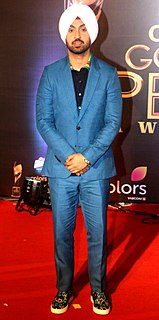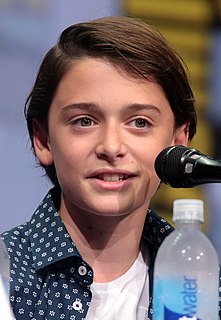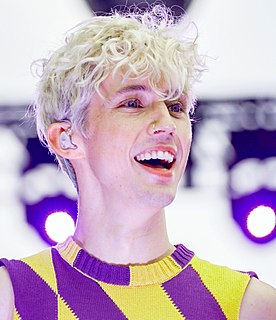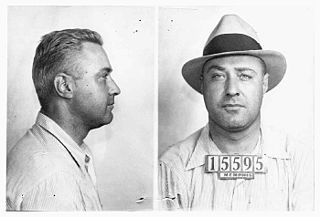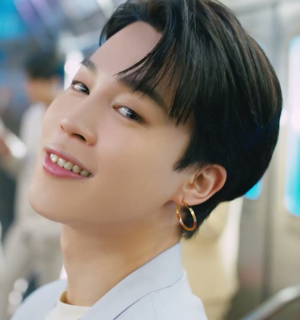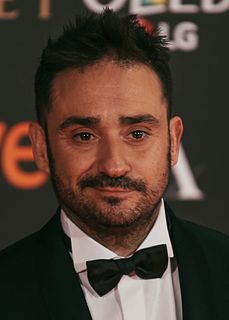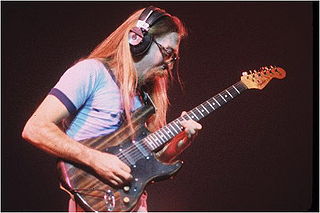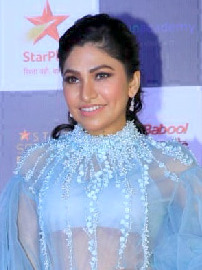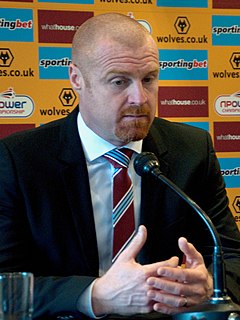Top 1200 Music Scene Quotes & Sayings
Explore popular Music Scene quotes.
Last updated on April 14, 2025.
I really like the Chris-R scene and of course the "you are tearing me apart Lisa" scene. The reason I love the Chris-R scene is because we worked really hard to finish it. It's not just that though, it brings people together. Everyone is one the roof together by the end of the scene. You see the perspectives of the different characters. I feel like with all the connections in this scene that the room connects the entire world
I actually went to see 'Rushmore,' and I came late, and I missed myself. It was great, that scene. I caught that scene the other day on TV, funny enough, the first scene that you see with Jason Schwartzman and myself, where we talk about his grades. That's a brilliant scene, and I have to say, we play it brilliantly.
I always thought the piano scene was kind of unique to shoot because we were actually able to film with the playback of the actual song. And that was quite amazing because it almost made it easier - music is usually something that is added after filming has finished so to be able to shoot a scene with music was really wonderful.
I don't think that any scene [in Pineapple Express] is word for word how you'd find it in the script. Some of it was much more loose than others. The last scene with me, Danny [McBride] and James [Franko] in the diner - there was never even a script for that scene. Usually we write something, but for that scene we literally wrote nothing.
With moviemaking, the audience always has to keep asking, 'What happens next?' If you have the wrong piece of music over a scene, people aren't going to get the scene. If you have the wrong camera angle, people aren't going to pay attention. That's as much a part of the process as getting people to talk to you.
"St. Lucia We Love" is actually a song produced by Stratosphere music (also St. Lucian). The CEO of Stratosphere music approached me and wanted me to produce a music video for this song which was already a hit in my country. I felt privileged to have been chosen to do such a video. So every time I went out to shoot a scene from the video, I would get a still shot from the scene to tease the public. The photo of the amazona versicolor is is an actual scene from the video which was released on St. Lucia's Independence day (22nd February, 2013).
My vision of punk rock was these dudes who were spitting on the audience and moshing. That's why I kind of left that scene. Then I see all these people around my same age or between 17 and 25 that were making music themselves in their own town. They weren't just singing, but creating. I see them putting out this music where there are tons of women involved in the scene and involved in the bands.
I think music is just a wonderful ingredient that helps us understand a scene better. And certainly you can overuse music, and you can use the wrong music. I probably have been guilty of these things over time. But if you use music correctly as a friend of the theme, a friend of the narrative, ou can lend some terrific connective tissue to a film.
I felt very proud to be part of a music scene that was changing the face of commercial music and rock music internationally, but I also felt like it was necessary for Soundgarden - as it was for all of these Seattle bands - to prove that we deserve to be on an international stage, and we weren't just part of a fad that was based on geography.
A lot of times you can write a scene with a specific song in mind, and then you lay it over the image, and it kills it. I can never figure out why certain music works. Some music you listen to and say, "Man, that would be great for a movie." But when you try it, it's horrible, because the music itself is cinematic. The weight of it kills the image.
I'm from Louisiana, and that's where I got my start, in Cajun music. There's a huge music scene down there centered around our culture. Those are people that are not making music for a living. They are making music for the fun of it. And I think that's the best way I could have been introduced to music.
I mean, take 'Chariots Of Fire.' That opening scene, the long shot of the runners along the beach, and then you hear that music... I think that was one of the first times synthesizers were really used in movie music. I just flipped! I didn't even care what the story was going to be. Give me a nice marriage of sound and music.
It's always different for whatever the scene asks for but usually, I listen to music before the scene just to get into the mood, mellow myself out and really put myself into the character's shoes. I zone out from everything going on around me and just focus on what I have to do. From there, I just let it happen.
have a much harder time writing stories than novels. I need the expansiveness of a novel and the propulsive energy it provides. When I think about scene - and when I teach scene writing - I'm thinking about questions. What questions are raised by a scene? What questions are answered? What questions persist from scene to scene to scene?
The early music I heard was Top of the Pops. But in bedrooms, around the house with my brother playing the Sex Pistols, Sham 69 and the Ham and all these groups then going into that sort of mod turnover scene and then going into the New Romantics scene the coming of age myself in the mid-eighties and into the noughties, it was changing.





